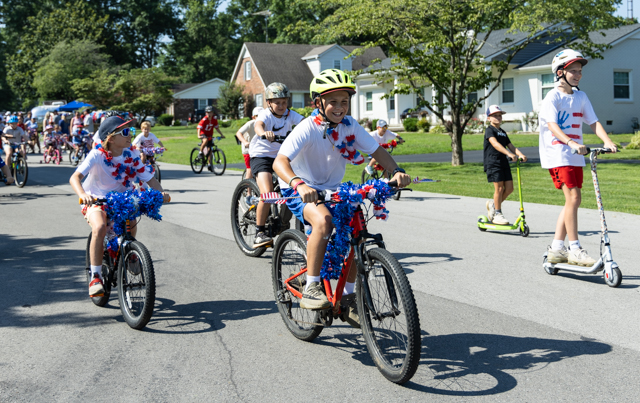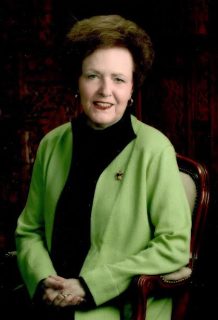An enduring legacy
Published 4:45 pm Thursday, September 13, 2012

- Western Kentucky Men's Basketball - Heach Coach EA Diddle with car presented by fans after runner-up finish in 1942 NIT - in front of Van Meter Auditorium on campus. (Photo Courtesy of WKU Sports Information)
E.A. Diddle is more than just a name on the side of a building.
For more than 40 years, the Gradyville native helped shape Western Kentucky athletics into the program it is today.
From his first day on the Hill in September 1922 until his death in 1970, Diddle became synonymous with all teams that wore the red and white of WKU.
“He was a good one,” Ed Diddle Jr. told the Louisville Courier-Journal after his father’s passing in 1970.
Diddle earned his fame on the hardwood – not just for his 759 wins or 32 conference championships as men’s basketball coach – but for his fiery antics on the sidelines, including the hurling, or stomping on, of that famous red towel.
But Diddle did it all during his time in Bowling Green, serving as athletic director; as coach for football, baseball, track and field and women’s basketball; and all-around mentor to nearly every athlete who stepped foot on campus.
A four-year athlete in football and basketball at Centre College, as well a U.S. Army veteran, Diddle was named Kentuckian of the Year in 1958.
At that time, he was well on his way to making the basketball Hilltoppers one of the most storied programs in the country.
Western Kentucky dominated the Kentucky Intercollegiate, Southern Intercollegiate and Ohio Valley conferences under Diddle.
He developed 13 All-Americans, including John Oldham and Clem Haskins.
“You gotta have size and talent and the temperament,” he once told the Daily News. “And then you have to be able to finish strong and have that other thing.”
That other thing?
“I don’t know what it is, but when you have it, you know you got it and you just can’t lose.”
A stickler for the fundamentals, Diddle didn’t let three heart attacks stop him from coaching before the 1952 season.
It was that kind of dedication to his craft that brought forth the same type of dedication from his supporters.
More than 1,000 people arrived for Diddle’s memorial service after his death in 1970.
“There was a warmth about coach Diddle,” the late Dero Downing, a former WKU president, told the Courier-Journal that day. “A warmth that made everyone love him.”
The Rev. H. Franklin Taschel, a minister of First Baptist Church in Nashville, told the gathering that day, “He taught the boys how to play the game – and he taught them more than that.
“He taught the boys how to score – and he taught them more than that. He taught them how to win – and if we can translate what he taught on the basketball court into life itself, then we’ll come to a better understanding of the greatness of this man, Edgar Allen Diddle.”
“You gotta have size and talent and the temperament. And then you have to be able to finish strong and have that other thing. … I don’t know what it is, but when you have it, you know you got it and you just can’t lose.”






